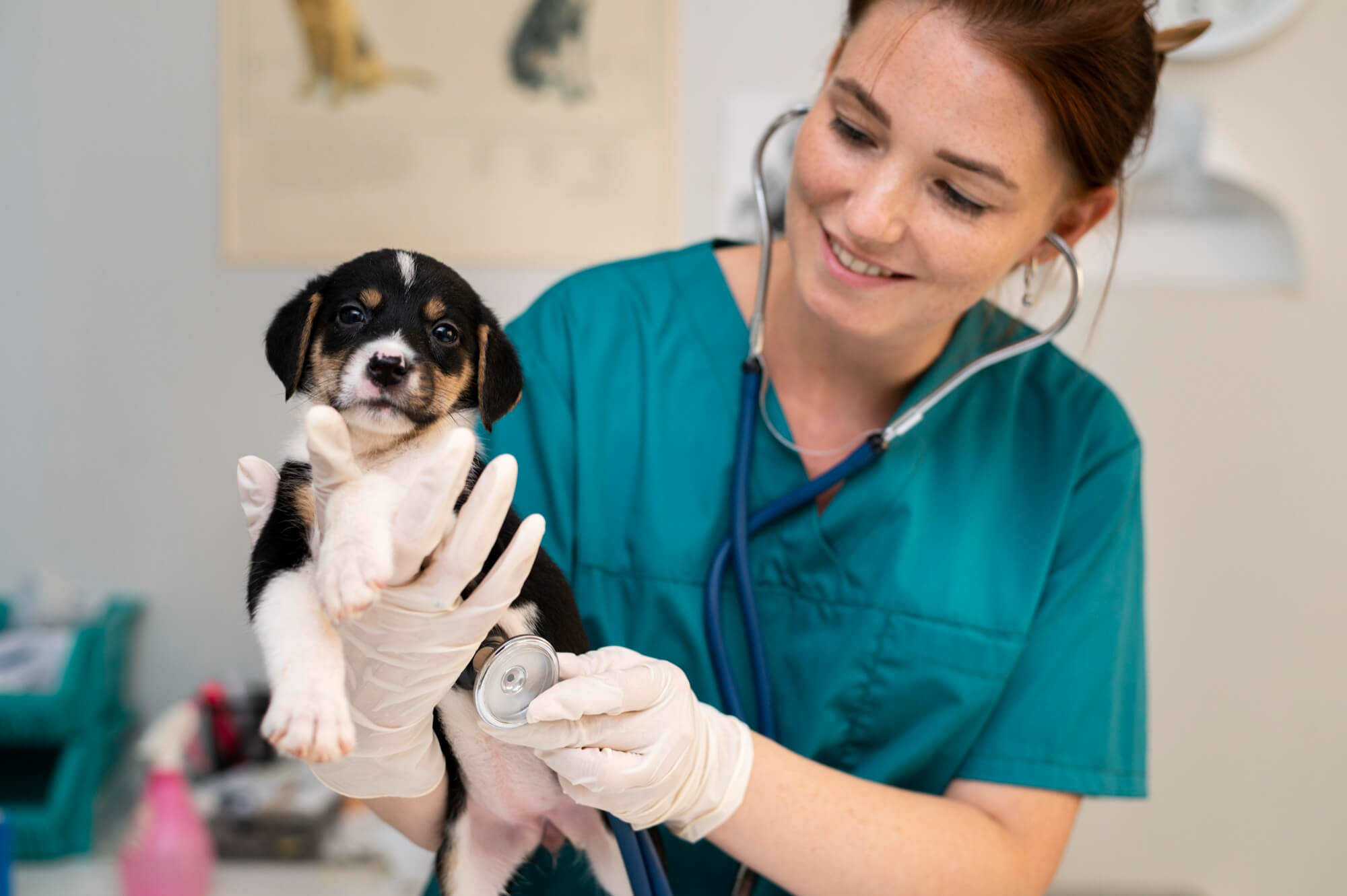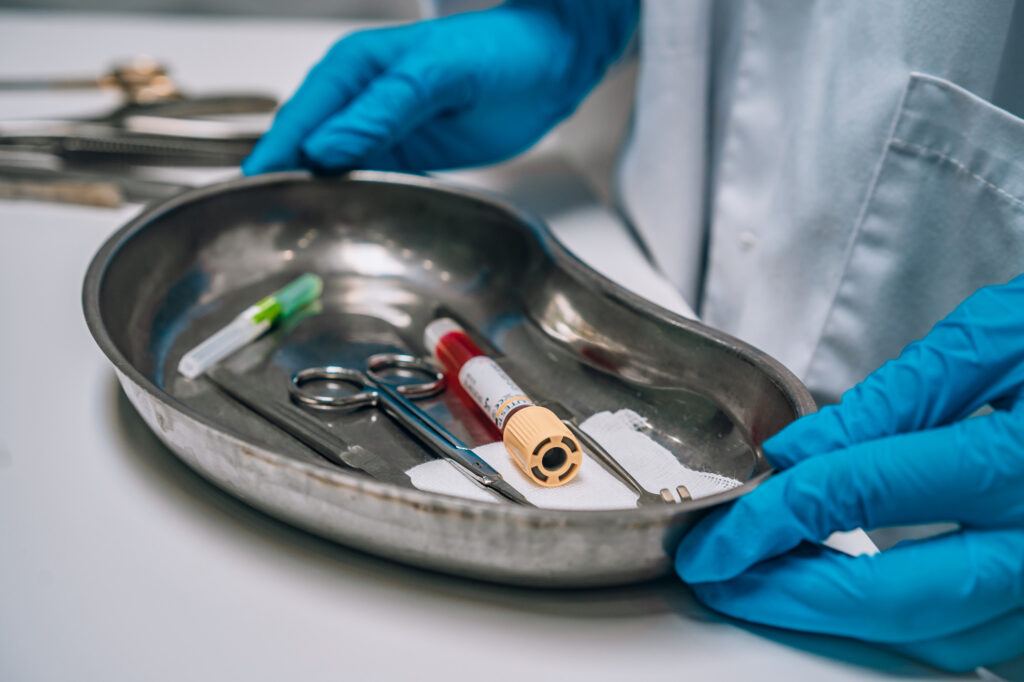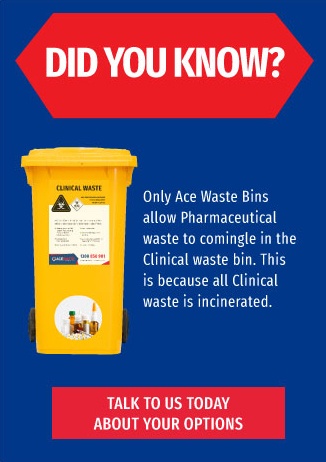As a veterinary owner or manager, you would probably already know the danger that chemical, medical, animal and biological waste in a vet clinic presents. In particular, the potential harm to vets, nurses, pet owners, animals and the environment if not stored, handled and disposed of correctly.
For most facilities though, maintaining the correct handling, storage and disposal processes can be mentally-taxing and time-consuming without professional help.
Ace Waste can assign a dedicated coordinator, to assess and form a cost-effective, fully compliant strategy for all scopes and sizes. That way, you can focus on taking care of your animals and business. Contact us directly today or keep reading to learn more about the risks of vet waste.
What are the different types produced?
There are five main waste streams in a vet clinic:
- Animal – uncontaminated, biological vet waste.
- Chemical waste – hazardous solids, liquids or gas (solvents, acids etc.).
- Clinical and related waste – contaminated sharps, pharmaceuticals, biological matter etc.
- Cytotoxic materials – anything exposed to cytotoxic drugs.
- Radioactive substances – liquid scintillants, glass, vials and dry materials.
Each category has their own disposal guidelines monitored by the EPA and state governments
LEARN ALL ABOUT VET WASTE DISPOSAL
A deeper look into the types of Hazardous Vet Waste
While vets obviously treat animals instead of humans, the purpose and nature of the clinical, chemical, cytotoxic and radioactive waste streams remain equally hazardous. Therefore, vets will follow similar management plans as hospitals, medical facilities and research centres.
Most vets will have onsite:
- Disinfectant and cleaning products.
- Laboratory chemicals (acetone, toluene, formaldehyde, alcohol etc.).
- Listed pharmaceuticals, including expired or discarded medications.
- Radiation sources and nuclear medicines.
In addition, biological waste in vet clinics can transfer over to high-risk clinical and cytotoxic streams during medical practices and treatments. By law, it must then be disposed of according to the waste hierarchy (e.g. cytotoxic is more harmful than clinical).
For over 25 years Ace Waste has provided efficient and reliable services across QLD and VIC. We can create a tailored management plan depending on the size, scope and contents of your workplace to ensure total environmental and safety compliance.
How to properly store Biological Waste in Vet Clinics
Facilities can store biological matter in a restricted, weather-resistant, well-ventilated environment until disposal if the material is free of infectious or contaminated substances.
- Animal carcasses or tissue must be refrigerated to ensure it does not decompose and turn hazardous.
- Pet food, litter and faeces must also be kept below room temperature.
All other clinical, chemical, cytotoxic and radioactive waste must be stored in sturdy, colour-coded containers prior to collection from a licensed company such as Ace Waste. We provide knowledgeable advice and reputable products to ensure your waste is stored in accordance with your state regulations.
Professional waste management & collection since 1987
From collection to disposal, you can depend on our experienced team to provide a foolproof solution, no matter the complexity of your workplace. Check out our wide range of waste bins and containers today, or contact us directly to learn how we can help enhance and protect your veterinary facility.




